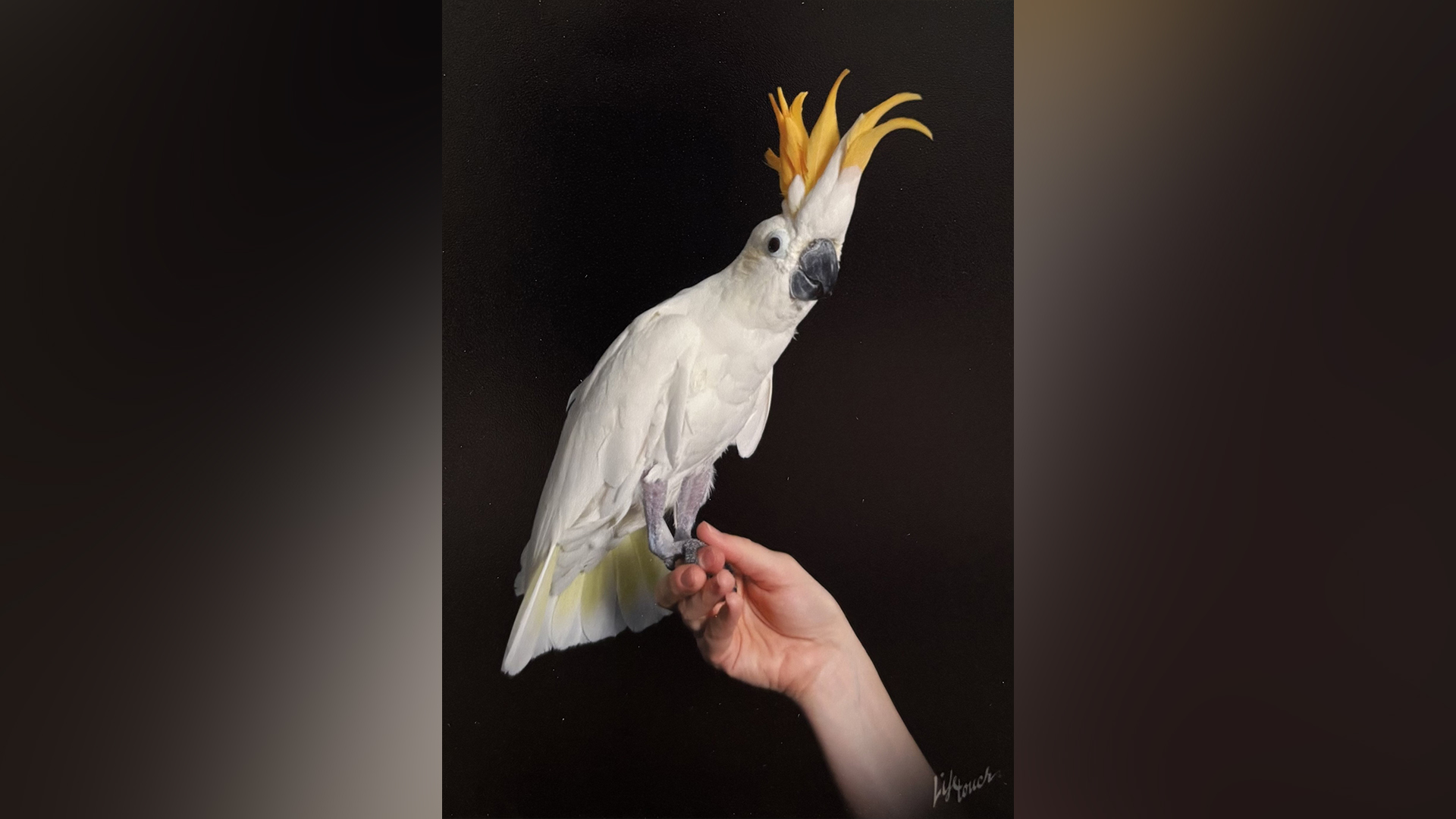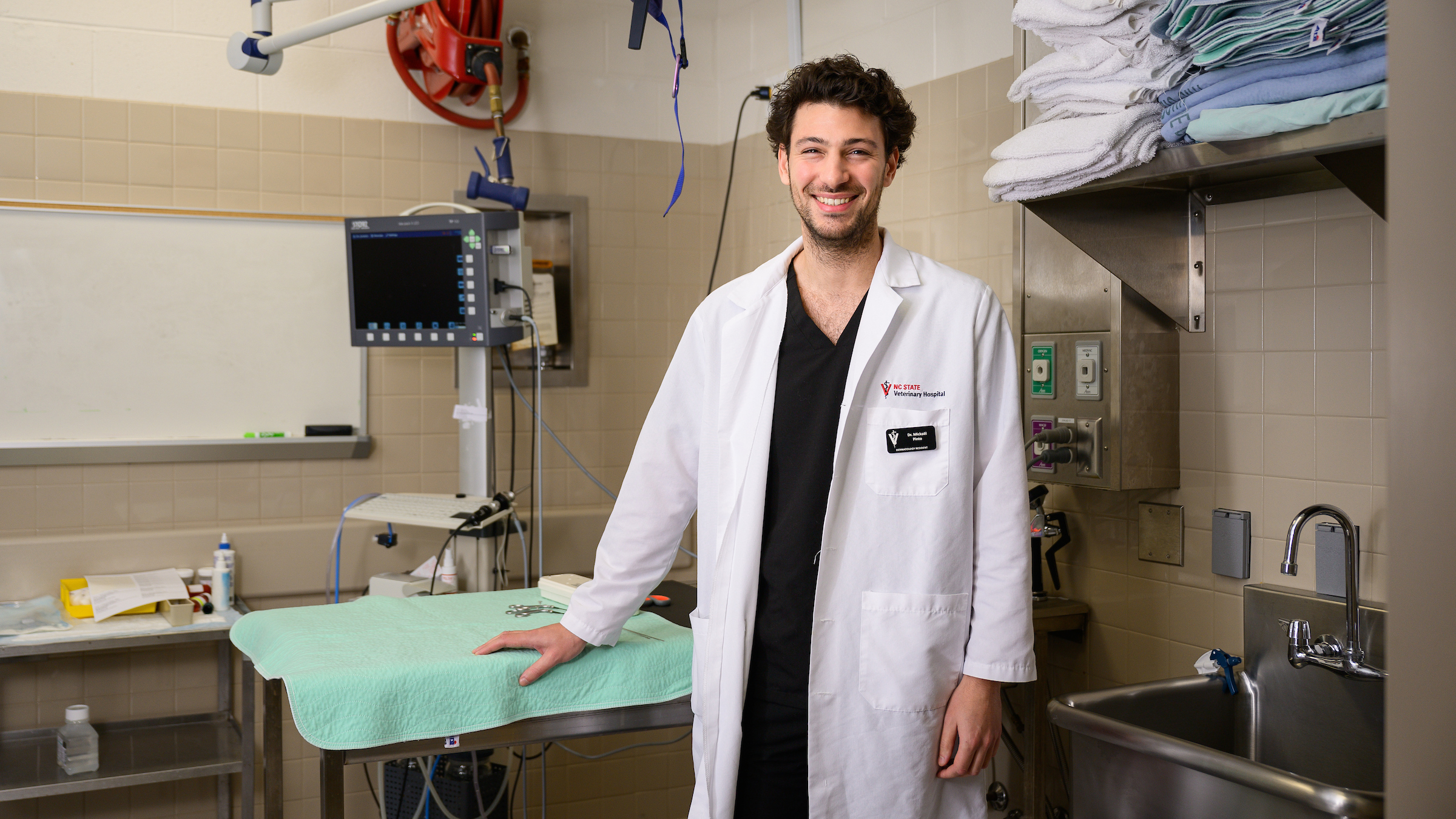Equine Health Center at Southern Pines Serves North Carolina’s $1.9+ Billion Equine Industry
North Carolina is the only state without horse racing listed in the top 10 for the number of resident horses. According to the North Carolina Rural Economic Development Center, the more than 53,000 equine-owning households or operations and some 306,000 horses, represent an equine community that has an estimated annual impact of more than $1.9 billion on the state’s economy.
Serving this important industry is a focus of the Equine Health Center at Southern Pines (EHC-SP), a satellite facility of NC State University’s College of Veterinary Medicine.
Located in the heart of the state’s equine community, the EHC-SP provides North Carolina horse owners a variety of services, including the Contagious Equine Metritis (CEM) import quarantine facility, equine reproduction, ophthalmology, diagnostic testing services, and equine health seminars. Additional diagnostic, internal medicine, and surgical services are available through the Equine and Farm Animal Veterinary Center at the Veterinary Health Complex in Raleigh.
CEM is back in the news and the EHC-SP offers concerned horse breeders the only certified CEM quarantine facility in North Carolina and one of a small number along the East Coast. CEM quarantine is required for all mares and stallions older than 731 days of age that are imported from countries infected with CEM and the facility provides USDA-certified quarantine services for imported mares and stallions.
The EHC-SP Equine Reproduction Clinic provides services for equine infertility, embryo transfer, semen collection/freezing and transport, artificial insemination, reproductive emergencies, and reproductive surgery. The Ophthalmology Clinic provides a range of diagnostic, surgical, and therapeutic services for eye disorders including cataract removal. Diagnostic Testing assists veterinarians by providing rapid testing of samples. Equine Health Seminars are offered at both the EHC-SP and through the Equine Health Program at the Veterinary Health Complex.
North Carolina’s equine community has a long and rich tradition and is a major contributor to the U.S. horse industry. The College of Veterinary Medicine’s equine research and clinical service programs are dedicated to supporting this important community.
[section_subtitle] Equine Health Notes [/section_subtitle]
The Ophthalmology Service is the only program in the world devoted to the research and treatment of equine ocular disease.
The equine imaging facilities are notable and include a reclining equine MRI, tech-endoscopy, ultrasonography, thermography, radiology, nuclear imaging, and CT scanning.
The Equine Health Program has clinically-applicable studies assessing a variety of serious medical conditions. Examples of current investigation include: suspensory ligament injury, use of pain killers to treat colic, embryo transfer technology, and treatment of moon blindness.
A CVM equine internal medicine specialist is able to provide specialized care in areas such as pulmonology, cardiology, neurology, gastroenterology, neonatology, immunology, endocrinology, and oncology.


